Kenyan Politicians Scramble to Win Gen Z Support Ahead of 2027 Elections
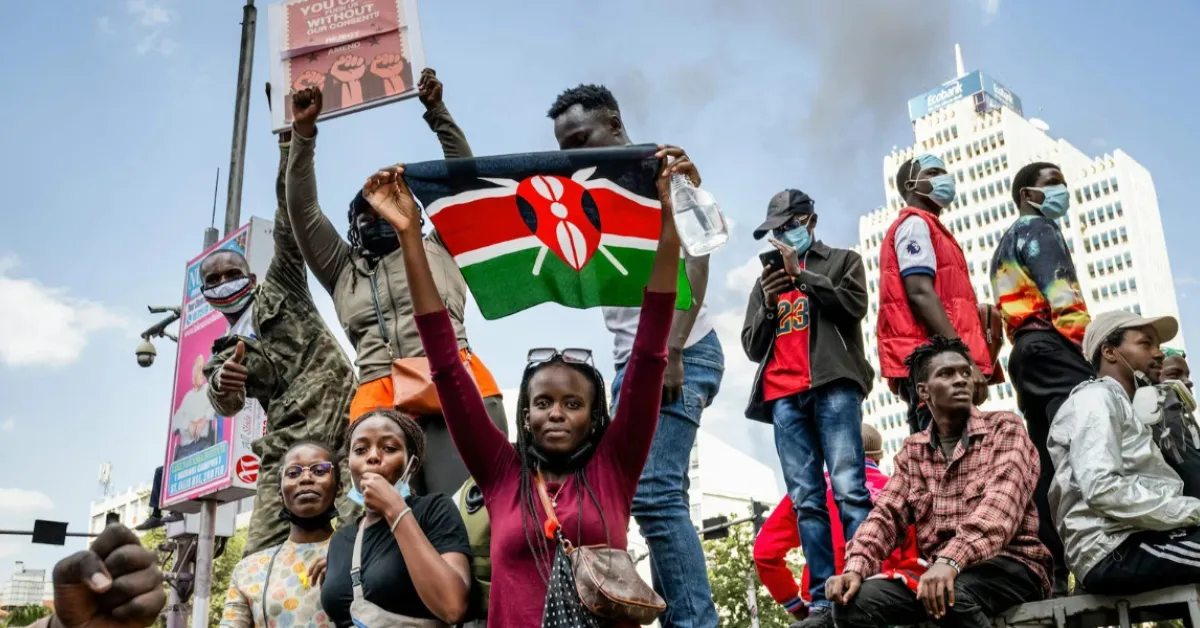
With Kenya's 2027 General Election looming, Generation Z's burgeoning political clout is rapidly reshaping the nation's electoral dynamics.
The youth demographic, now a key focus for political strategists, demonstrated its power most recently through widespread protests on 25 June 2024. The demographic weight of Kenya's youth is substantial. According to the 2019 census data from the Kenya National Bureau of Statistics, over 75% of the population is under 35 years of age. Within this figure, approximately 13.7 million individuals fall between the ages of 18 and 34, representing a pivotal cohort capable of determining the election outcome if registration and unification are achieved.
The relatively low youth voter registration rate, therefore, continues to be a source of both concern and potential for political actors. President William Ruto's administration currently faces significant challenges in garnering the support of this generation. Accusations of heavy-handed tactics in response to youth protests, including allegations of enforced disappearances, have significantly undermined his credibility.
Government initiatives aimed at addressing these concerns through youth employment programmes, funding opportunities, and enhanced digital engagement have largely failed to bridge the widening trust deficit, as persistent protests highlight the disconnect between official narratives and public sentiment.
Opposition figures are capitalising on this discontent. Former President Uhuru Kenyatta has emerged as a vocal advocate for youth-driven reform, consistently defending Gen Z's right to protest and criticising the government's handling of unrest.
In January 2025, Kenyatta urged young people to maintain pressure for constitutional and institutional reforms, saying, "Don't sit back and complain after achieving nothing."
The growing field of opposition candidates reflects a recognition of Gen Z's importance in the upcoming election. Former Chief Justice David Maraga has openly aligned himself with the youth movement's goals, formally announcing his presidential ambitions. In a statement on 28 June 2025, Maraga affirmed, "If these youths' chief agenda is good governance, a just society and equal opportunity, then I am their candidate. I won't shy away from that."
This statement exemplifies a broader shift among Kenya's political elite, who are now seeking to portray themselves as allies of the youth without alienating their established support bases. Safina Party leader Jimi Wanjigi has also committed to the youth agenda, claiming in an interview aired on 8 August 2024 that he strategically financed the June protests to force President Ruto out of office.
"The protests are part of my route towards forcing President Ruto out of State House," Wanjigi declared, a candid admission that has simultaneously galvanised supporters and triggered scrutiny.
As a broad anti-Ruto coalition takes shape, multiple actors from across the political spectrum are intensifying their outreach to youth constituencies. Former Interior Cabinet Secretary Fred Matiang'i, Wiper Party leader Kalonzo Musyoka, DAP-K's Eugene Wamalwa, and Trans Nzoia Governor George Natembeya have all ramped up efforts to engage with young voters. Natembeya, supported by Wamalwa, has launched the Tawe movement in Western Kenya, a campaign rooted in youthful activism and regional mobilisation.
Former Deputy President Rigathi Gachagua, positioning himself as a key figure in the evolving political landscape, has adopted a paternal tone in his appeals to Gen Z. Speaking to NTV on 27 June 2025, he stated, "My relationship with Gen Z didn't begin when I was forced out of office. I've been with them since my days as Deputy President." Gachagua asserted that he defied President Ruto's hard-line stance during the June protests by delivering a conciliatory message, claiming this act led to his impeachment.
"I sacrificed my job because of them," he said, casting himself as a political martyr devoted to Kenya's youth.
However, the notion of a unified Gen Z political voice is tenuous. Despite shared demands for systemic change among some activists, others are reverting to traditional ethnic and regional political allegiances. Kasmuel McOure's decision to rejoin the pro-government faction and Billy Mwangi's alignment with Gachagua's camp, despite being a former victim of enforced disappearance, highlight the internal divisions within the youth movement. Activists such as Morara Kebaso have opted to withdraw from frontline activism to focus on personal development, revealing the complexities of a demographic frequently depicted as monolithic.
Kenya's veteran opposition leader, Raila Odinga, navigates this complex landscape with characteristic pragmatism. While continuing to support key government initiatives, he is also quietly cultivating relationships with young digital influencers to ensure his brand remains relevant among younger voters. Fred Matiang'i remains a potential wild card. While he has yet to formally announce his candidacy for president, his popularity among certain segments of the youth has fuelled growing calls for his participation in the race.
His track record on governance and law enforcement, once met with controversy, is now being reassessed as many young people perceive a political vacuum unfilled by traditional party structures. The political activism, organisational skills, and digital fluency of Kenya's youth, particularly Gen Z, mark them as a potentially transformative force in the 2027 electoral cycle.

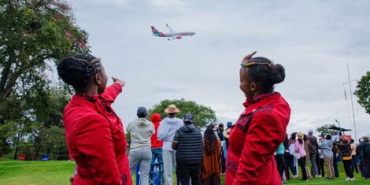
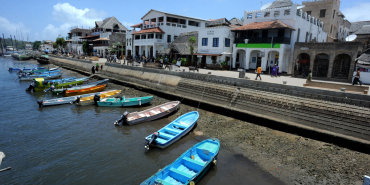
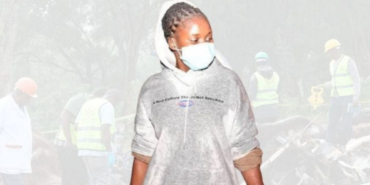
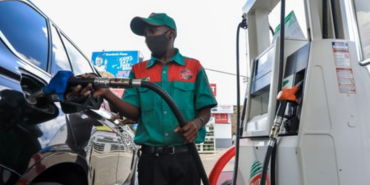
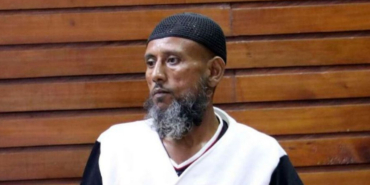
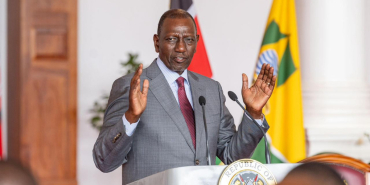
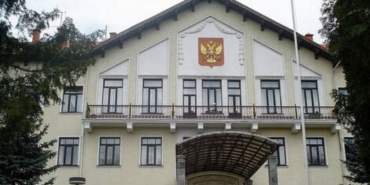
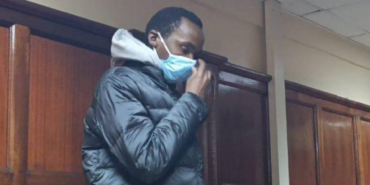
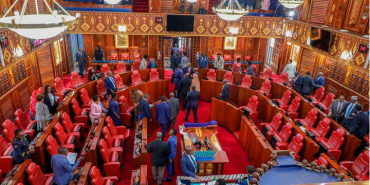




Add new comment